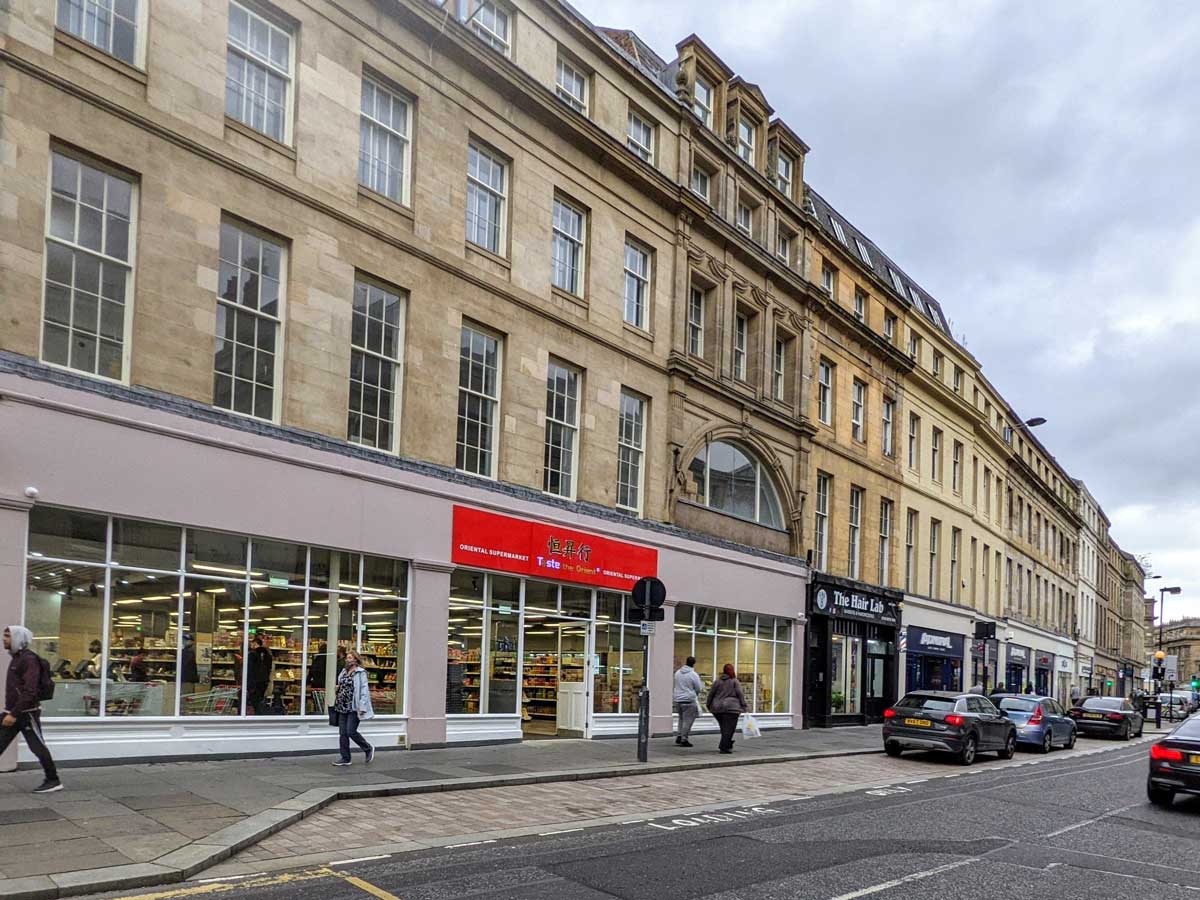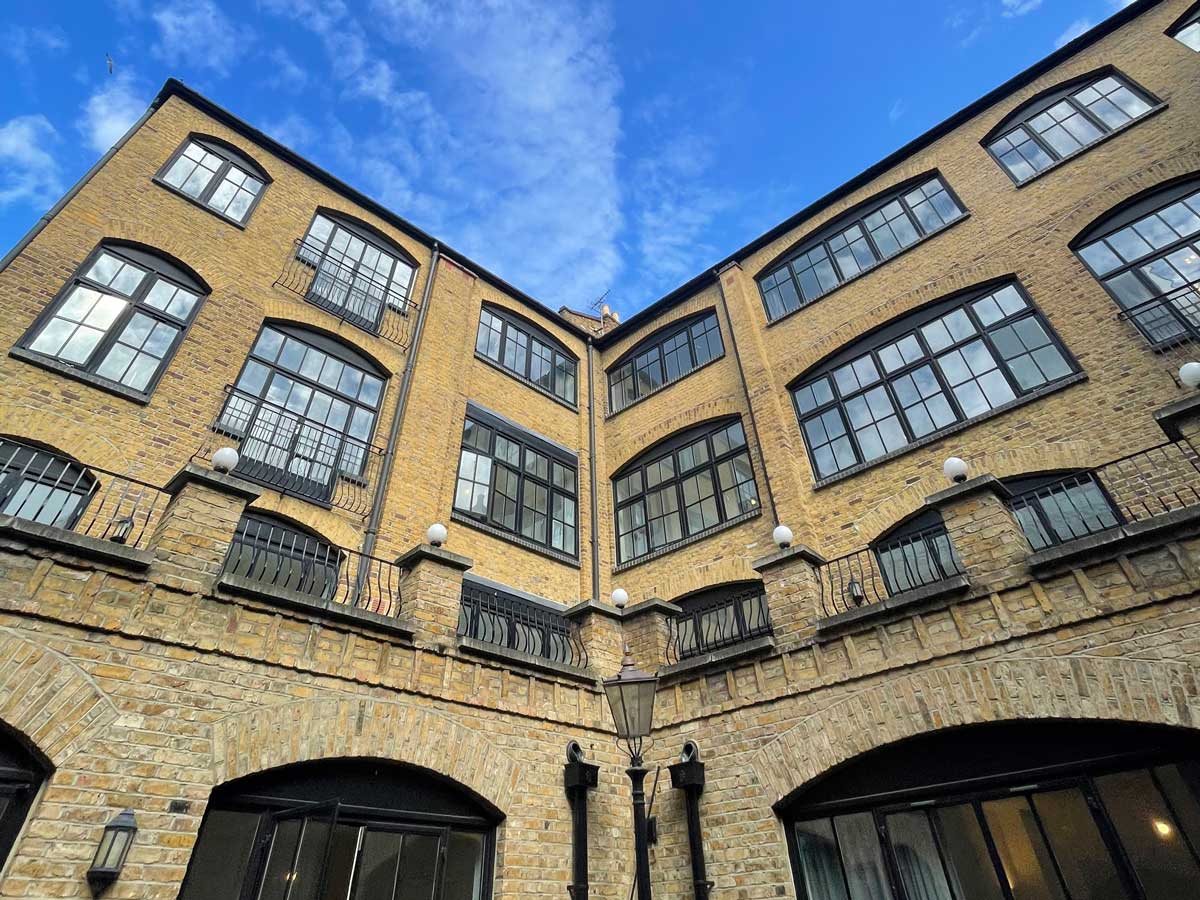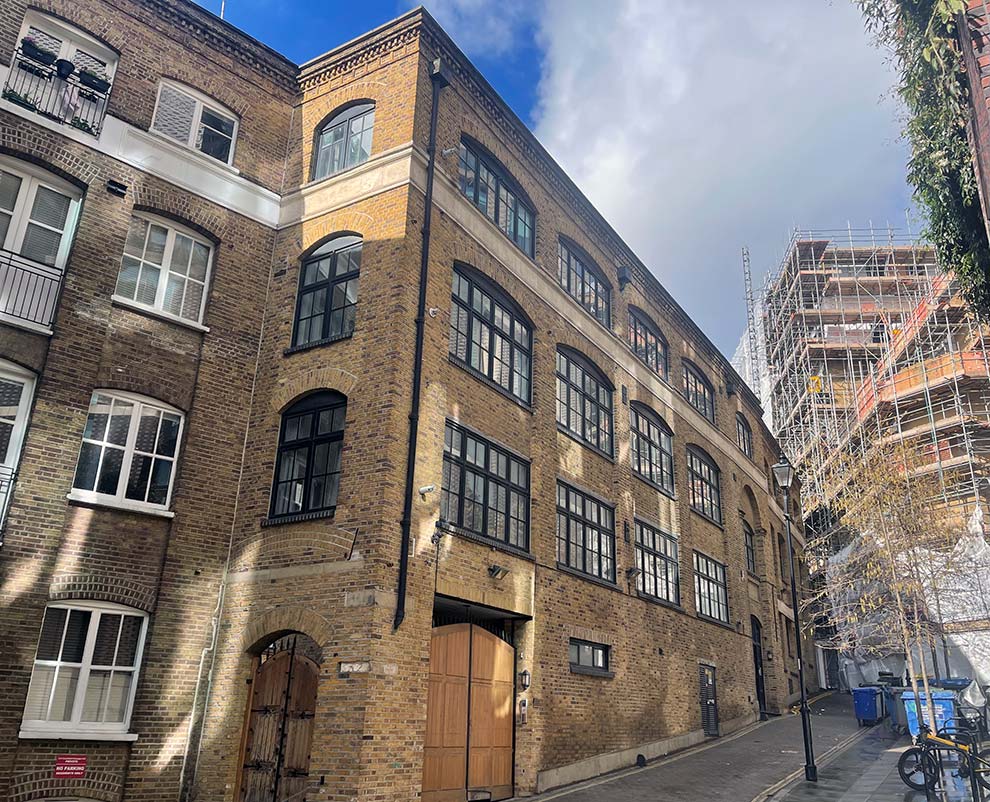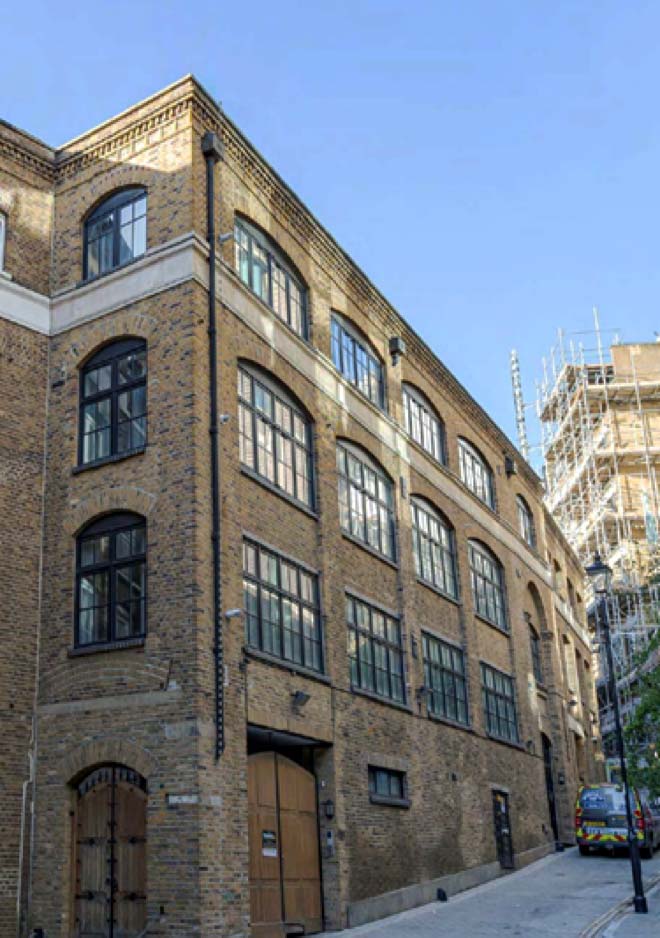170 units in the NEC portfolio completed ESG-led modernisation programme
Ailon’s JV company Grace Real Estate (“Grace”) has completed a 15 months on time and below budget rolling modernisation programme and energy transition strategy comprising 170 apartments.
Grace implements an ESG-led modernisation program, energy transition strategy and technology empowered property management and lettings solution to realise the portfolio’s available potential. The programme comprises the building, the apartments and the outdoor environment. Each property and apartment have an individual business plan formulated with value enhancements, optimization measures and sustainability targets. Grace assesses return on investment potential of every unit for modernisation.
Highlights of the NEC Portfolio’s modernisation programme:
Refurbishment Programme
- The programme comprises the building, the apartments and the outdoor environment. Each property and apartment have an individual business plan formulated with value enhancements, optimization measures and sustainability targets.
- Implementation of modernisation where capex spend is justified and adds value to create better quality living spaces.
- The programme is based on Grace’s Brand Standards and improves the appeal of the apartments to a wide range of tenants.
- Programme structured into distinct categories, determined by the scope of required works. Targeted investments range from redecoration and upgrades of fixtures and fittings to deep refurbishments and more comprehensive upgrades.
- Programme also includes purchase of standardized furniture and appliances.
- Average downtime across the portfolio is two weeks due to the high efficiency of Grace’s preferred contractors platform and significant rent demand.
- Programme also includes building modernisation and clearance of historical maintenance backlog.
Energy transition programme
- The energy transition strategy is crafted to enhance each apartment’s and building's energy efficiency and reduce its carbon footprint throughout its life cycle.
- The programme is based on Grace’s Brand Standards, and is structured into distinct categories, determined by the scope of required works and upgrading to minimum EPC standards (Minimum Energy Efficiency Standards legislation, MEES). Targeted investments range from modest to high capex.
- Example of focus areas in the programme are energy and water conservation, heating controls and instalment of smart meters. Tenants are provided Grace’s Sustainable Living Guide and operational policies to help them reduce energy use.
- The energy transition strategy is broken down in pre-study and risk assessments, energy efficiency targets, implementation of transition and improvements, performance benchmarking and achieved quantifiable performance improvements.
Features value enhancement examples
Installation of HHRs: Installation of quantum high heat retention storage heaters (HHR) and dual rate meters to distinguish and utilise off-peak tariffs and removal of inefficient and high running-cost electric room heaters along with outdated storage heaters.
HHR units offers customizable heating options and dynamically stores only the required energy. The units benefit from a lower cost of electricity, using a night-time 7-hour period. HHR units can be digitally programmed to come on at any time of the day and retain 98% of their stored heat. The HHR unit is up to 27% cheaper to run compared to a standard storage heater system.
Installation of electric showers: This intervention enhances energy efficiency by delivering hot water on demand, reducing wastage by c.40% (reduction in l/minute of wastewater) associated with storage water heaters and supporting sustainable water usage practices.
Many apartments in the portfolio had old showers with little or no control of domestic hot water timings, meaning that the immersion heaters were always on.
Loft insulation: insulation and upgrade of lofts have material effect in reducing heating energy requirements.
Modernisation programme - impact and key achievements
- Increased access to better quality, energy-performing sustainable homes at an affordable level to diverse rental housing across income.
- Lowered utility costs, lowered maintenance costs and improved operational efficiency, contributing to stronger financial performance and improved property value.
- Creation of a portfolio with institutionally attractive environmental efficiencies. A typical energy transition programme reduces the energy consumed in an apartment by 30-50%.
- Enhanced marketability, translating into quicker lease-ups, higher occupancy rates, and increased demand.




